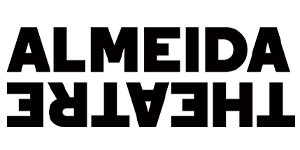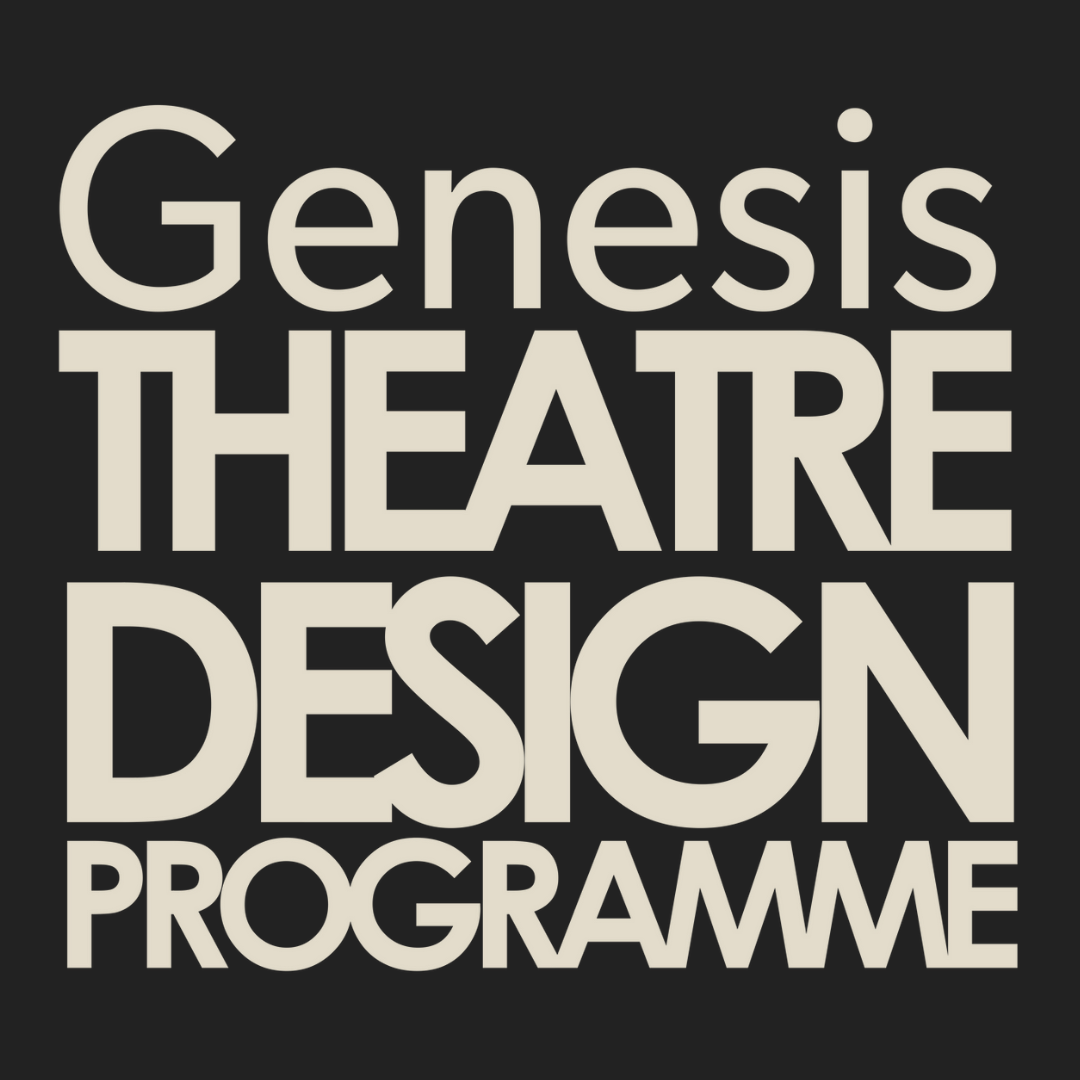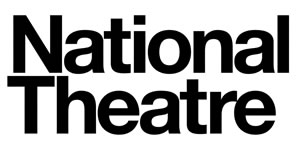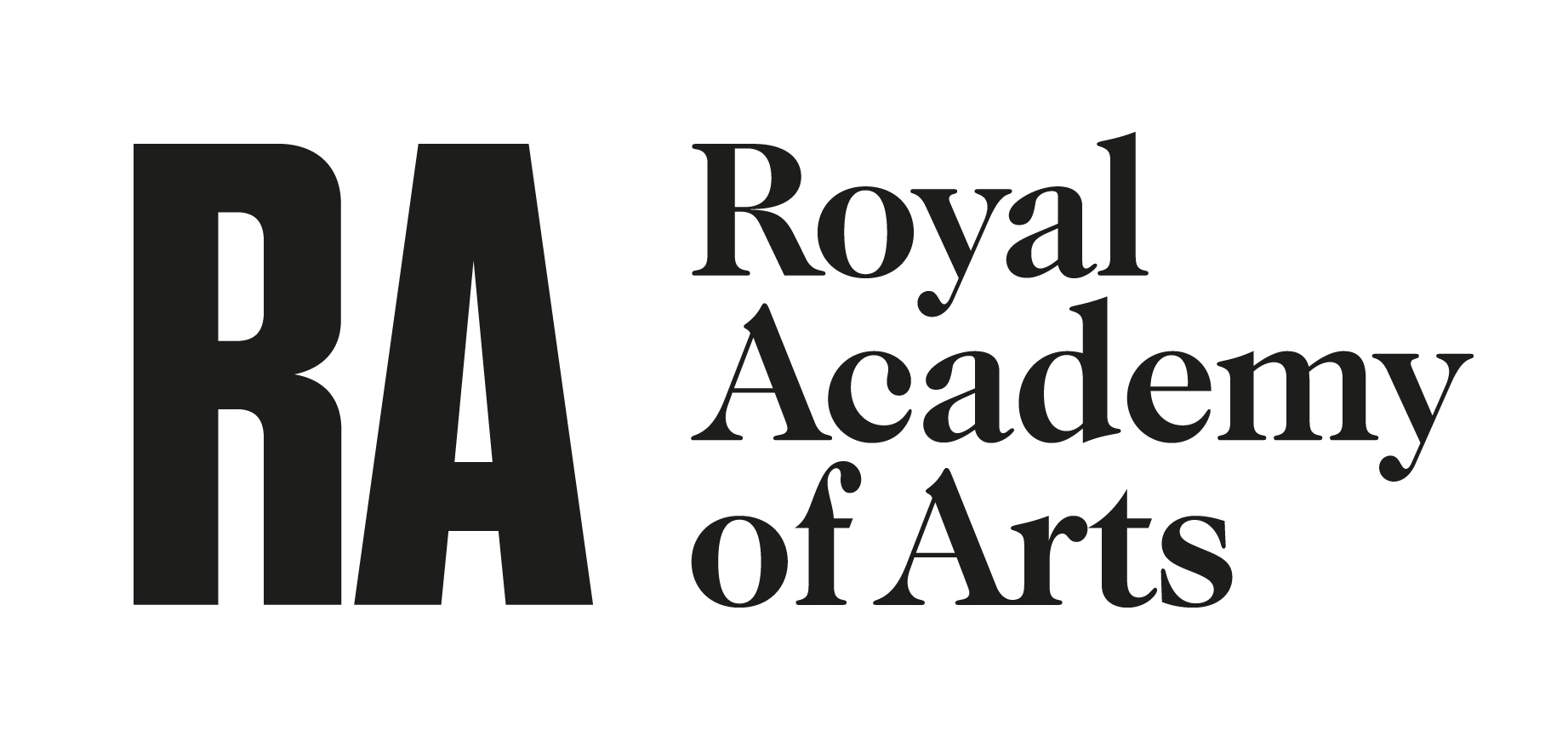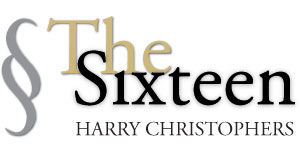Artists in quarantine: Sam Barnett, actor
14 May 2020
The new blog series throws the spotlight on Genesis artists in lockdown: directors, writers, actors, musicians and artists, who have had to figure out ways to stay creative and practise their art in a completely new way, sometimes in extremely challenging circumstances.
The Foundation wants to give the Genesis network an opportunity to showcase what they have been up to, to share the challenges they face and to show, with the intention of inspiring others, how they find resilience and creativity in lockdown.
Sam Barnett
Samuel is a theatre, television and radio actor, and the first of twenty-five Genesis LAMDA scholars (class of 2001). A Tony and Olivier Award nominee, Samuel appeared in The History Boys, Twelfth Night, Penny Dreadful, any many more shows and plays. He played the title role in Dirk Gently’s Detective Agencyfor BBC America.
How are you doing? What’s your current confinement situation, who’s on your quaranteam?
I am currently in lockdown in Nottingham. I normally split my time between London and Nottingham, where my partner in Artistic Director of Nottingham Playhouse. On march 16th I had three jobs cancelled so I left London and came to Nottingham as I knew lockdown was imminent. So my partner and I are each other’s quaranteam.
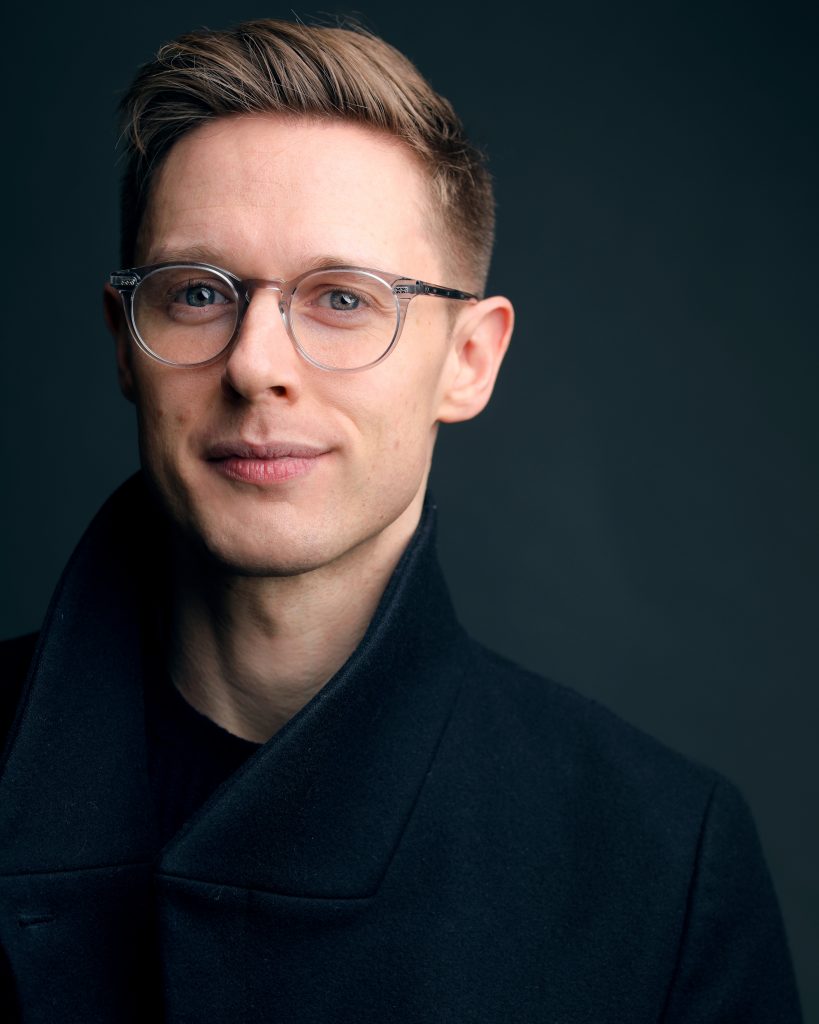
It has been a difficult time. My Dad died of covid-19 on April 1st after two weeks in hospital, 11 of those days spent on a life support machine. We were unable to see him or speak to him. The nurses and doctors were extraordinary in their care for him.
Communication with the hospital was difficult. Families are normally allowed by the bedside of a very sick or dying person. Information can be easily given to the families and the families can support each other and the sick loved one. In this situation, information was difficult to get and the nurses were having to do all the emotional grunt-work that families normally do.
I cannot imagine how traumatic this time must be for those working with the very sick in Intensive Care. It has been an impossible time. I am grateful in some ways for the lockdown which is giving me the time and space to grieve.
Are you able to work, are you inspired by what we are going through or do you find it challenging?
I am very fortunate in that I have been able to work. Oddly enough, with my Dad dying, the last thing I have wanted to do is acting. I have no desire to be anyone other than myself right now. But a lot of audio work has come in and I am grateful for the distraction and the income.
I have set up a duvet fort and invested in some audio equipment. It’s quite a big financial outlay initially but it has paid for itself with the work that has come in. I had a self-tape audition which I found a lot harder to do than the audio work I’ve been doing.
There is something about being seen when grieving that makes me feel vulnerable. Often, I am able to use what is going on in my life as fuel for acting, but it’s perhaps a bit too soon for that.
Do you have a routine to stay creative?
I have a routine which I think helps me stay ready to be creative. I need to eat and sleep well and to exercise. I am also reading and watching theatre productions online, as well as tv shows and films.
Do you think what you’re going through will impact your practice long term?
I think it will have a huge impact on the acting industry, particularly theatre. Perhaps there are ways to get around filming, such as testing everyone on a production and quarantining them all together until the production is completed. Theatre of course is a very different medium in that involves an audience and you cannot quarantine all the actors and stage technicians.
Unless supported by the government many arts organisations, buildings and individuals will not be able to continue. It’s an extremely worrying time. For me on a personal level, I don’t know how things will pan out. It is interesting that in this time of lockdown the one thing we have all turned to is entertainment. The message that needs to be put across both in the government’s mind and in the minds of the public is that a huge amount of these TV shows and movies that people are watching are written by writers who started in theatre, acted by actors who started in theatre, directed by directors who started in theatre.
Theatre is a major seeding ground for screen. It is the foundation. If theatres are allowed to fail, there will be less opportunity for development for those writers and actors and directors who also make screen work, and the work will be less diverse. The link between theatre and screen needs to be impressed upon the people who make the decisions about what gets supported and what gets left to die out.
Theatre in itself is a vital art form, regardless of how it feeds the screen industry. It is a collective experience that reflects, celebrates, investigates and elevates the society in which it takes place. Theatre genuinely changes lives and I know many theatre and arts organisations that have huge community outreach programs. If these places are allowed to fail, society also suffers.
Is there any advice you would like to share to fellow artists, audiences or organisations on how to find resilience?
Resilience for me is about allowing everything to be just as it is in this moment. I have times of feeling that I can cope and be creative and positive and active, and other times where I need to sit and zone out and watch Netflix and do nothing. Both are completely acceptable. Pressure is the worst thing we can put on ourselves at the moment.
Resilience is about knowing that you are enough, you don’t have to be “busy” in order to be ok. Gently and quietly look after yourself so that you’re ready for when opportunities come your way, whether in lockdown or not. That extends from the individual to the level of organisations.
I see my partner running the Playhouse full-time in lockdown and laying all the groundwork for when we come out of lockdown and audiences are ready to come back.
And to audiences I would say please support the organisations that matter to you if you are able to, and that doesn’t have to be financial support. It can be watching things that organisations put out online at the moment. Those little things that we do now as audiences will make a big difference to organisations in the future.
What are your hopes for the future?
I hope things don’t go back to the way they were. This pandemic has forced us to stop at a time when things were reaching a fever pitch across the world with the environment and hate and division. I hope the world is a kinder place.
This pandemic has not hit people equally and there will be more poverty and famine and pain for many people because of this coronavirus. Governments have shown that they can make sweeping changes to the way things are done when they have the will to do so.
I hope that kindness prevails, that people who are in need get their needs met, and that the comeback is a green one.
Anything to plug?
NT Live are broadcasting a show on YouTube every Thursday for free. Many theatres are offering free productions online. It’s a great way to support those organisations. TV and film is magnificent of course, but it’s great to get that live theatre audience feel from the comfort of your own sofa.

